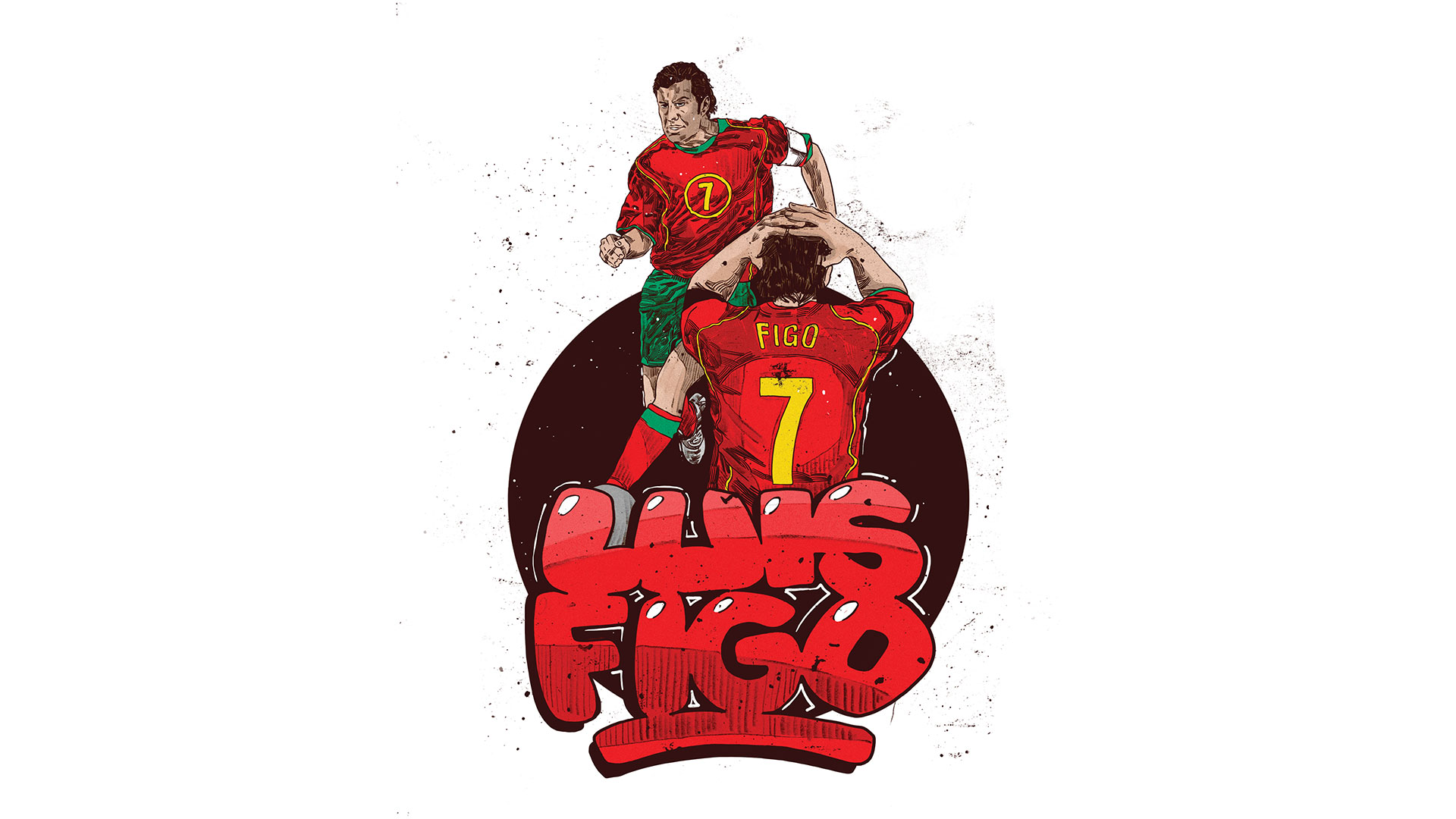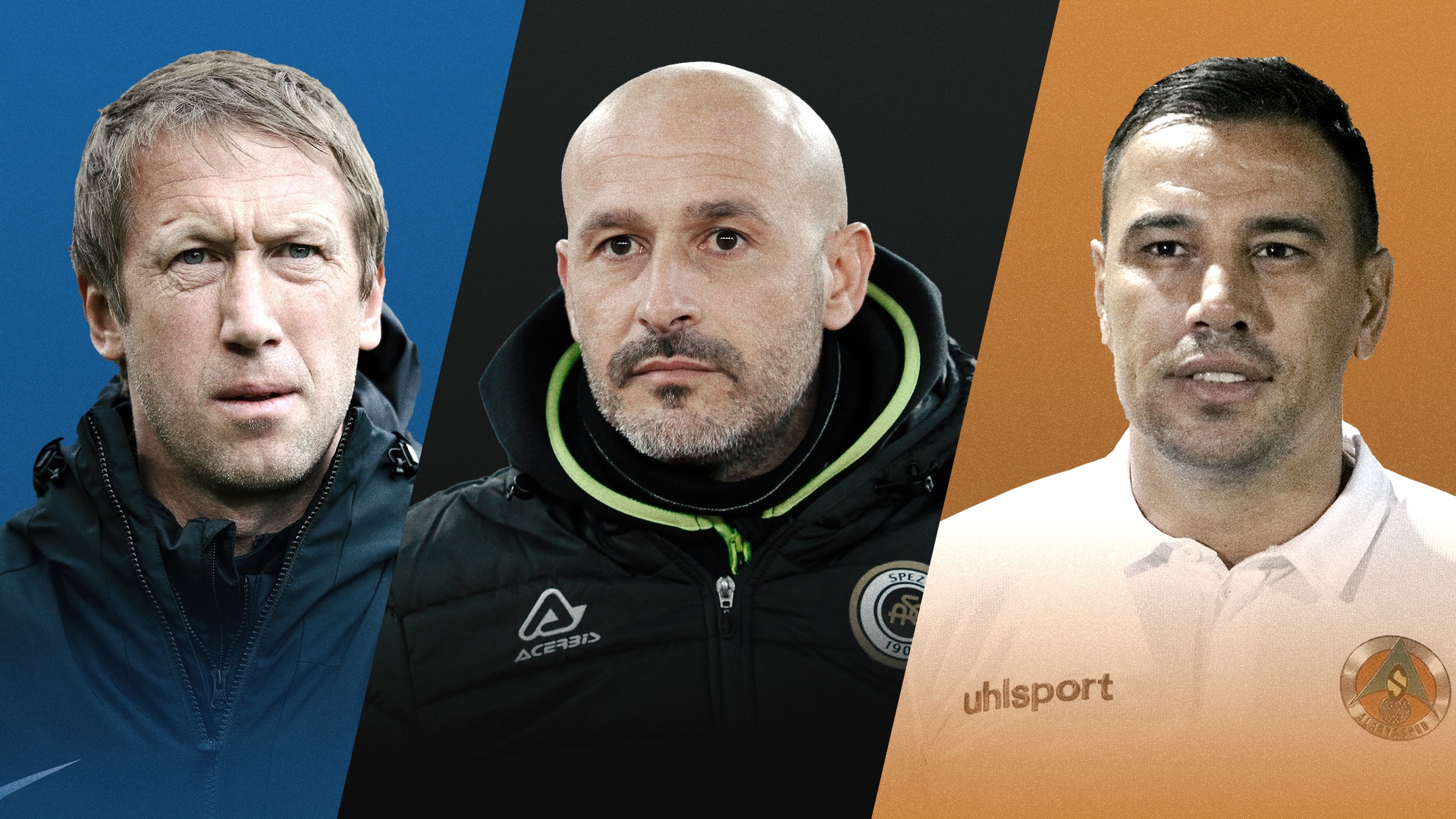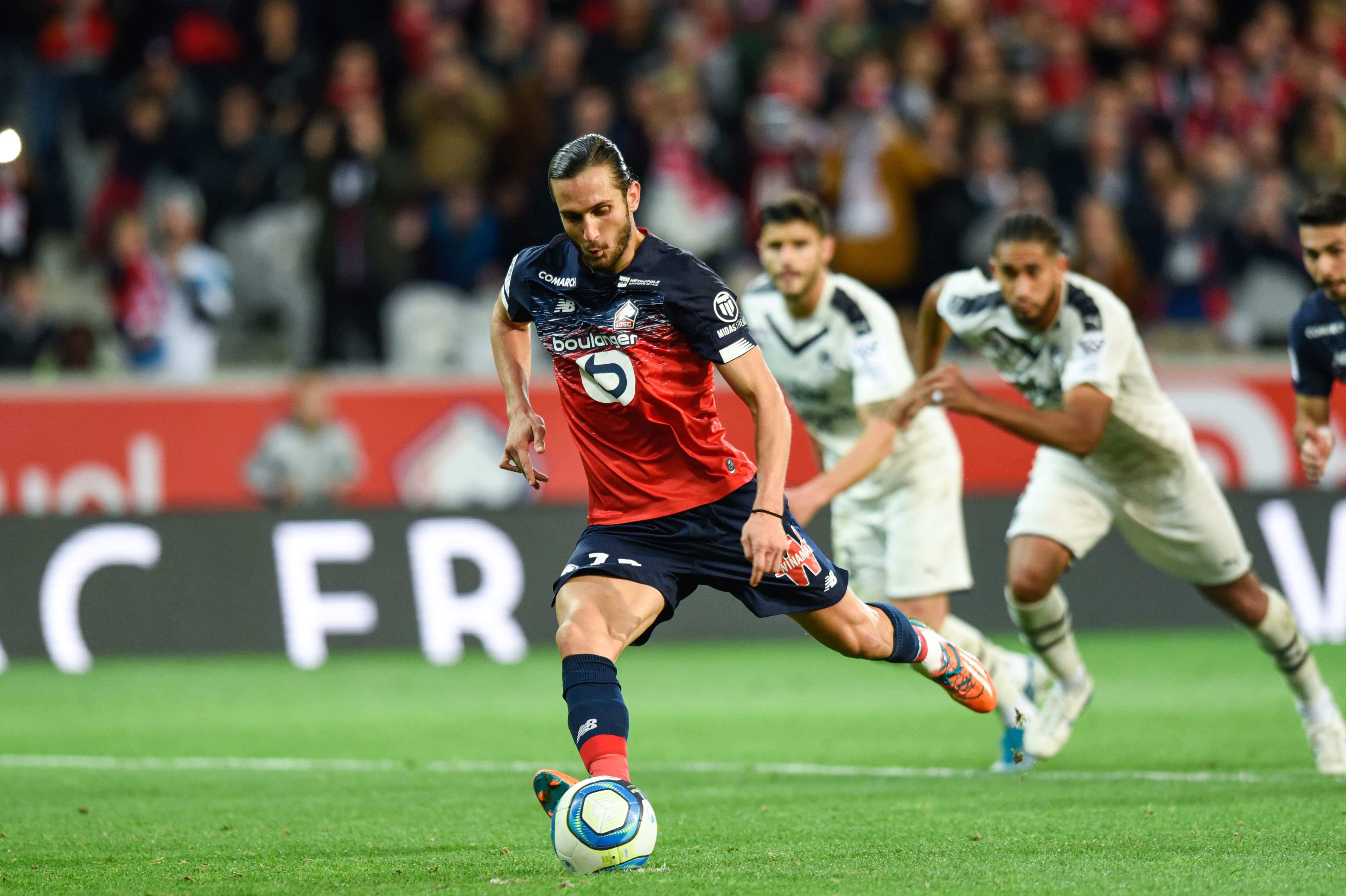Ekvator Ginesi’nde düzenlenen 2015 Afrika Uluslar Kupası yine Afrikalı futbolseverlerin ritmik çalgılarına ev sahipliği yaptı ve sonunda şampiyonluğa uzanan Fildişi Sahili, kupanın Batı Afrika’da kalmasını sağladı.
Senegal’in Sabar’ından, Burkina Faso’nun Dafra’sına, Gana’nın Dondo’sundan Mali’nin Djembe’sine ve çok sevmediğimiz Vuvuzela’ya kadar her türlü çalgının zamanıdır Afrika Uluslar Kupası. Kupanın 1957’deki ilk versiyonuyla başlayan Kuzey ve Batı Afrika dominasyonları – özellikle Mısır, Kamerun ve Gana – son dönemde daha ziyade Batı’ya kaymış olsa da, Mısır’ın altı şampiyonluğu hala rekor olarak durmakta.
Kuzey Afrika ekipleri kıtanın en büyük futbol olayını çok uzun süre domine etti. Neredeyse her turnuvada en az çeyrek final gören Kuzeyliler, Arap Baharı’nın gelişiyle birlikte yaşanan sorunlar sebebiyle son dönemde futboldan farklı önceliklere sahip. Mısır üst üste ikinci kez turnuvaya katılamazken, Libya’daki politik karışıklık milli takıma ciddi şekilde yansıdı. Öte yandan Fas’ın, Ebola krizi sebebiyle CAF’a yaptığı erteleme başvurusu ev sahipliğinden çekilmelerine, hatta turnuvadan yasaklanmalarına sebep oldu. Böylece Kuzey’in son turnuvada iki temsilcisi kaldı, Tunus ve Cezayir. Turnuvadaki en büyük eksiğin son şampiyon Nijerya olduğunu eklemek gerekli. Özellikle son dönemdeki Kuzey-Batı savaşında Batı’nın elini güçlendiren Nijerya’nın elemelerde takılması affedilir gibi değil. Tüm bu Kuzey-Batı rekabetinin yanında Doğu’nun hala futbol konusunda sessiz kaldığını unutmamak gerek. Kim bilir, belki bir gün Kenya ve Uganda koşucularına futbol oynamayı öğretebilir…
Afrika’da insanları ateşleyen olgu: Futbol
Politika ve futbol Afrika’da her daim kitleleri ateşleyen iki olgu olmuştur. Afrika’daki futbol-politika ilişkisine ülkelerin iç işlerlerine müdahil olmamak adına ısrarla karışmayan FIFA iyi mi yapıyor yoksa kötü mü yapıyor tartışılır.
Afrikalı liderler futbolu her daim kendi kitlelerine ulaşmak ve insanlar üzerinde kullanmak adına ceplerinde taşıdılar. Tabii ki futbolun kitleleri harekete geçirme özelliğinin buna ciddi biçimde yardımcı olduğunu söylemek gerek. Özellikle başkanlığa adaylığını koyanların milli takımlar üzerinden projeler öne sürmesi, büyük turnuvaları ülkelerinde düzenlemeye yönelik vaatler ortaya koymaları başkanlık manifestolarının en önemli parçaları oldu.
Futbol sadece birilerini başkanlığa getirmek için değil, oradan ayırmak için de ön ayak oldu desek yanlış olmaz. Arap Baharı’nı en sert şekilde yaşayan Mısır’da Hüseyin Mübarek’in devrilmesinde El Ahli’nin taraftar grubu “Ultras Ahlawy”nin çok etkili olduğu biliniyor.
Afrika Uluslar Kupası dönemlerinde Afrika hükumetleri inanılmaz paralar harcar. Tabii ki çoğu insanların gözünü boyamak için. Nereden geldiği ve nereye, nasıl gittiği belli olmayan bu paralar, milli takıma prim, kafileye ziyafet ve hatta zaman zaman turnuvayı izlemeye giden taraftarlara harç olarak bile dağıtılır.
2013 Afrika Uluslar Kupası’nın sürpriz finalisti, aynı zamanda dünyanın en fakir ülkelerinden birisi olan Burkina Faso’da başkan Blaise Compaore, takıma toplam 2 milyon euro’luk bir prim dağıttı. Sadece bununla da kalmadı. Güney Afrika’da turnuvayı takip etmeye giden Burkina Faso taraftarları, takımlarının çeyrek finalden öteye gitme ihitmalini çok az gördüklerinden otellerine yalnızca bir haftalık rezervasyon yapmıştı. Takım gruptan çıkıp, finale yürüyünce ortada kalan taraftarlara Compaore devletin kasasından destek çıktı. Bu desteğin içinde binlerce taraftarın birer haftalık otel ücreti ve ulaşım masrafı vardı…
Peki ya Zaire’nin (şimdinin Demokratik Kongo’su) 1974’teki müthiş dünya kupası yolculuğunu kim unutabilir? Sahra Çölü’nün güneyinden dünya kupası finallerine giden ilk takım olan Zaire’nin o dönemde futbola harcadığı para hala dilden dile yayılır.
Dönemin Zaire lideri Mobuto Seseko, futbolu her zaman ekonomik bir yatırım olarak gördü. Zaire’den Belçika’ya göçmüş ailelerin çocuklarını parayla ikna etti, müthiş ücretlerle yabancı teknik direktörleri ülkeye getirtti, 60’lar sonunda Pele gibi büyük bir yıldızı Kinşasa’ya müthiş ücretlerle getirip şov yaptı. Neyse ki bu yatırımların sonucunda Zaire bir futbol ülkesi haline geldi de, 1968’de Afrika Uluslar Kupası’nı, 1969’da da Afrika Şampiyonlar Kupası’nı kazanıp sonrasında dünya kupasına gitti.
Son Afrika Uluslar Kupasının “zoraki” ev sahibi Ekvator Ginesi de yine bir önceki tecrübesinde yabancı şirketlere stadyum ihaleleri verip özellikle Çin’den müthiş bir sermaye akışı almış, ancak karşılığında da birçok parkı ve sit alanını kaybetme tehlikesi yaşamıştı.
Afrika Uluslar Kupası’nın büyüleyici etkisi
Afrika’da futbol ölüm kalım meselesi olduğundan beri işin içine para ve hırsın yanında çok daha farklı şeyler de giriyor. Büyücüler, medyumlar, sihirbazlar ve diğer doğaüstü güçlere sahip insanlar…
Tabii ki hayrına değil! Sırf “büyücüler konseyi”nin toplanması için bile para ödeyen futbol federasyonları var. Akra’nın juju-marabout medyumları, Vagadugu ve Bamako’lu Sangoma’lar ve diğerleri sadece skorları tahmin etmek için bile para alıyorlar. Hatta bu işi yapan Arap büyücüler bile var!
Turnuva öncesinde futbol federasyonunun maaş bağlayıp kafileye dahil ettiği bu doğaüstü adamlar, takım kampında, otelinde veya saha üzerinde yaşanabilecek herhangi bir “özel durum”a karşı hazırlıklı olmakla yükümlüler. Tabii ki takımın kupaya uzanması için gerekli büyüleri saymıyoruz.
Çok ciddi paralar ödeyip ülkeye getirilen yabancı teknik direktörler ve çoğunluğu artık Avrupa’da yetişen büyük yeteneklere rağmen bu batıllıklara ihtiyaç duyuluyor olması tamamen Afrika’nın geleneklerinden. Aslında her şeyi Afrika’ya bağlamamak gerek. Gana’nın eski teknik direktörü Sırp Goran Stevanoviç 2012’de kaybettikleri Zambiya maçı sonrasında rakip takımı büyücü tutup kara büyü yapmakla ve oyuncularının bahtını kapatmakla itham etmişti. O da kıtaya çabuk alışmış.
Takımlar, oyuncular ve hatta antrenörler kafilelerindeki büyücülere bir danışman gibi davranır çoğunlukla. İşin taktiksel yönüne kadar tavsiye alan ve bunu antrenmanda çalıştıran antrenörlerden tutun, topla ne yapması gerektiğine bir büyücünün karar vermesine izin veren futbolculara kadar herkes bu işe bağlanmış durumda. 2002 Afrika Uluslar Kupası’nda Kamerun kalecisi Thomas N’kono maç günü öncesi takımın büyücüsünden aldığı hayvan kemiklerini kalenin içine atarken yakalanmıştı.
Yine 2013’te Compaore’nin para harcadığı işlerden biri de büyücülerdi. Takımın “marabout”u gazeteciler tarafından top ne zaman rakibe gelse “bağırarak bir şeyler söylüyor ve dans ediyor” diye rapor edilmişti. Ne yazık ki bu yöntem sadece finale yetti, kupa gelmedi.
Ebola’nın ve biraz da ev sahibinin özellikle yarı finalde yaşadığı problemlerin damga vurduğu son kupada Batı’nın dominantlığı yine dikkat çekerken, Orta Afrika’nın yavaş yavaş kıpırdanmaya başladığını da gördük. Kupa öncesinde milli takımlarını bırakan büyük Katongo, Eto’o ve Drogba gibi büyük yıldızların yerinin de kolay dolmayacağını öğrenmek biraz acı verici olsa da Afrika futbolu bir değişim geçiriyor ve bu değişimde tüm futbolseverlerin sabretmesi gerek.
2015’te Drogba’yla yapamadığını yaptı Manchester City’li Toure ve takım arkadaşları. Fildişi’nin şampiyonluğu ritmik davullar, yıllarca acıyla sonra eren denemeler ve iki iç savaşın sonunda, bitmek üzere olan büyük jenerasyonla geldi… Önümüzdeki dönemde neler yaşayacağımızı kara kıta Afrika da bilmiyor, her şeye hazır olmak en iyisi.
Çeviri: Ozan Can Sülüm
A strong western wave is blowing over African football. The 2015 Africa Cup of Nations, AFCON final in Equatorial Guinea was yet again be dominated by the familiar rhythmic drumming from the West ever so passionate about their football; with Cote d’Ivoire ensuring the cup remains in the region.
From the Senegalese Sabar, Burkina Faso’s Dafra, Ghana’s Dondo’, Malis Djembe, the South African Vuvuzela horns there were some wild acoustic of sounds cheering on the players from the terraces.
From time immemorial, Football has had a cult like following in most parts of the continent steered by the North and West… Teams from the two regions have dominated the continent’s game since the first final played in 1957, Egypt leading the roll of honor with six titles, Ghana and Cameroon (Central Africa) still seeking to match the Pharaoh’s record.
North African teams have dominated Africa’s game rarely missing the quarters of the continental fiesta, but have over the recent past faltered, struggled to find their footing, the aftermath of the revolutionary Arab spring uprisings that swept across the Afro-Arab region. Egypt missed the successive final alongside strife-torn Libya banned and Morocco fearful of exposing its population to the deadly Ebola virus that has killed thousands in the West African nations of Guinea, Liberia and Sierra Leone. The onus was on Tunisia and Algeria, who had hoped that their impressive run of form at the world cup in Brazil, could follow them through to the western cape.
Cape Verde was the only of the five Lusophone Africa nations making the final excluding the hosts, partial Portuguese speakers.
Defending champions Nigeria’s absence left a gaping hole that four time champions Ghana and Cameroon and Cote D’Ivoire aptly filled. 2013 finalists Burkina Faso who toppled erstwhile champions Zambia last year in the group stages alongside 1996 champions South Africa crushed out early in the group stages.
Sadly, East Africa, the initiators of the tournament, resumed their all too familiar spectators role. Ethiopia, three-time host of the early editions missed AFCON after their notable qualification last year after a 31-year hiatus. Ethiopia and their arch track rivals Kenya and Uganda are still looking to transfer their middle and long distance running successes to the pitch.
Football fires up Africa’s populations
Politics and football fire up most of Africa’s nations. A conjoined relationship that leaders have failed to understand how FIFA has chosen to ignore often terming the necessary intervention in what is widely viewed as the subsidiary arm of most regimes, as government interference or political intrusion.
African rulers have often used football to endear themselves to their supporters. Football is a sure away to rouse exhausted political passions in this rising continent. It is common to hear probable presidential candidates listing their national teams qualification for their biennial event or even hosting it, top of their campaign manifestos, a sure way to catch the attention of the masses.
The football fans influence is revered and feared in equal measure. It is widely believed that Al Ahly’s fans and some of the national team players played a crucial role in the revolution that deposed longtime Egyptian dictator Hussein Mubarak.
During the world cup and AFCON, African government spending often goes unquestioned by hundreds of its starving population, and some of the continents poor nations unchain their guarded deflated government coiffeurs to finance their team’s qualifying campaigns, outings and even pay expenses for joyriders and fans.
For instance dark horses Burkina Faso, one of the world’s poorest nation, had a bloated budget of about 2 million Euros for their team’s qualification and participation for the 2013 AFCON a decision taken by the long serving now toppled President Blaise Compaore.
The traveling Burkinabe fans numbering about 100 were only supposed to stay in South Africa for a week during the group stages, as it was inconceivable to even imagine a final qualification for their national team whose best showing before 2013 had been a freak semi final as hosts in 1998. But with their teams’ continual progression, the fans were forced to dig deep to cover their expenses, only for a while, as their government quickly wired money for their stretched ‘vital’ stay.
Who can ever forget Zaire’s (now Democratic Republic of Congo) 1974 world cup experience? Disregard the fact they were the first team from Sub-Saharan Africa to qualify for the world cup finals. The run-up to this is a folktale that is often retold by leaders in the rare cases that they have to justify their bursting expenses on football.
For Zaireian leader Mobuto Seseko, football was an economic investment. He repatriated talented Zairean footballers from Belgium at the government’s cost, hired leading foreign coaches, invited top football clubs, that included personalities like the legendary Pele to Kinshasa in the late 60’s, just to spur football passion, a misdirected personal drive that luckily paid off. Zaire won the 1968 AFCON a massive achievement while local clubs twice lifted the African Champions Cup in 1969 and the following year.
As the tiny Equatorial Guinea nation proved hosting AFCON is not a preserve for the African giants, a fact that has appealed to millions of football lovers across the 54 countries affiliated to the Confederation of African Football. Africa’s only Spanish-speaking nation with a paltry population of about 750 000 and only two major stadiums in Malabo and Bata used when they co-hosted the finals in 2012 with its neighbor Gabon will be reaping again from the AFCON windfall.
AFCON is a spellbinding affair
Football in Africa is a spellbinding affair especially since the continental bragging rights are at stake. This is the time when Witchdoctors, mediums, magicians, wherever you prefer to call them, are sought to prepare charms that should grant their teams the much sought after victories.
The witchdoctors are just but catching their breath after a packed schedule conferring with football officials and even players known to seek their counsel’. The juju-marabouts mediums in Accra, Ouagadougou and Bamako even the Sangoma’s down South all had their predictions mostly in favour of the their teams while others on the overall cup winners. Even the Arab magicians normally had a go at it!
They don’t come cheap! It is a costly venture for the teams, but essential indulgence that most of the Football associations are devoted to meet, before they are hounded by striking players demanding their allowances deep into the tournament.
Any unusual happenings around the teams training venues or on the pitch, during the matches are quickly deciphered by the traditional tribesmen.
Often their ‘prophecies’ are wide guesses with no specificities.
Despite the deep bench of talent and after hiring some of the worlds best football managers to ensure their teams have the highest level of technical skills, surprisingly football and government officials, players and even the fans still believe that these charms can make or break their teams.
Ghana coach Goran Stevanovic, a Serbian, intriguingly cited witchcraft in a post AFCON report when his team who were overwhelming favorites lost to the eventual champions Zambian in the 2012 finals.
The then Black Stars coach said the team was divided because some players used ‘black power’ against their own teammates, a shocking exposé, when the ‘good’ trusted practice turns around to spell doom for a team! Grappling for positives, players and coaches have often reasoned that they seek the mediums fetish to protect themselves, perhaps from injuries, and for luck (read to score goals or for goalies punch out the balls) but rarely fashioned to work against their teammates.
What is widely regarded as match fixing elsewhere whenever there are questionable results or happenings during matches, in this part of the world, they blame it on the opponents’ superior mediums whose potent charms may have weakened the players.
Teams, players and coaches have been known to consult witchdoctors who dish out charms or instructions on how to win their games. Unlike some of the coaches’ calls that can be ignored, the witchdoctors’ instructions are often followed to the letter. When former Cameroon goalkeeper Thomas Nkono was caught interring some bones and pouring some concussions on the pitch during the 2002 AFCON many disapproved of his arrest and detention arguing he was just performing crucial team duties.
Some of the teams are even known to include witchdoctors in their entourage. For instance at the 2013 AFCON there were reports that losing cup finalists Burkina Faso had their marabout on the ground. One of their journalists pointed out to me a colorfully dressed but shabby looking man, carrying around some paraphernalia who was always leading the cheers. He could easily pass for an overzealous Burkinabe fan. His presence and charm may have worked in his team’s favour but it seems it was not strong enough to win them the cup.
Magic charms aside, on paper all the teams in the African finals are always worthy contenders, there were three Anglophone speaking led by the four time winners Ghana, the 2015 losing finalist, alongside Zambia and South Africa who failed miserably in their quest for second continental titles.
Franco-sides led by partly Anglo Cameroon’s Indomitable Lions who last won the cup in 2002, 2013 quarterfinalists Burkina Faso and Mali favourite tag could not get them to the semi finals. It was also a painful return for the Teranga Lions of Senegal that comprised a youthful, deeply talented squad who believed 2015 offered them a good chance to end their AFCON duck. Teranga who missed the last edition, didn’t even come close to the final they reached 12 years ago when they lost the fight of the Lions in a tensed final decided on penalties against Cameroon.
With the brouhaha on the tournament’s hosting doused, and the Ebola spread contained, the African Cup excitement hit fever pitch. The 2014 edition propped an unlikely genius Jonathan Pitroipa of Burkina Faso, who was also the player of the tournament, before then it unleashed lethal Zambian striker Christopher Katongo, above average players who have grandiosely managed to upstage the experienced Africans based stars from retired Samuel Eto’o to Didier Drogba. Everton Ghanaian striker (23) was the leading light of the tournament; his stunning shot the standout stellar goal at AFCON 2015.
But in the end it was his premiership counterparts Manchester City teammates Yaya Toure and Wilfried Bony, Liverpool’s Kolo Toure and Crystal Palace’s Yannick Bolasie who snatched the trophy after the stretched shoot out….As thousands of their fans gyrated to the percussive coupe decale beats, a joyous moment for a nation mending after political turmoil and two civil wars.



